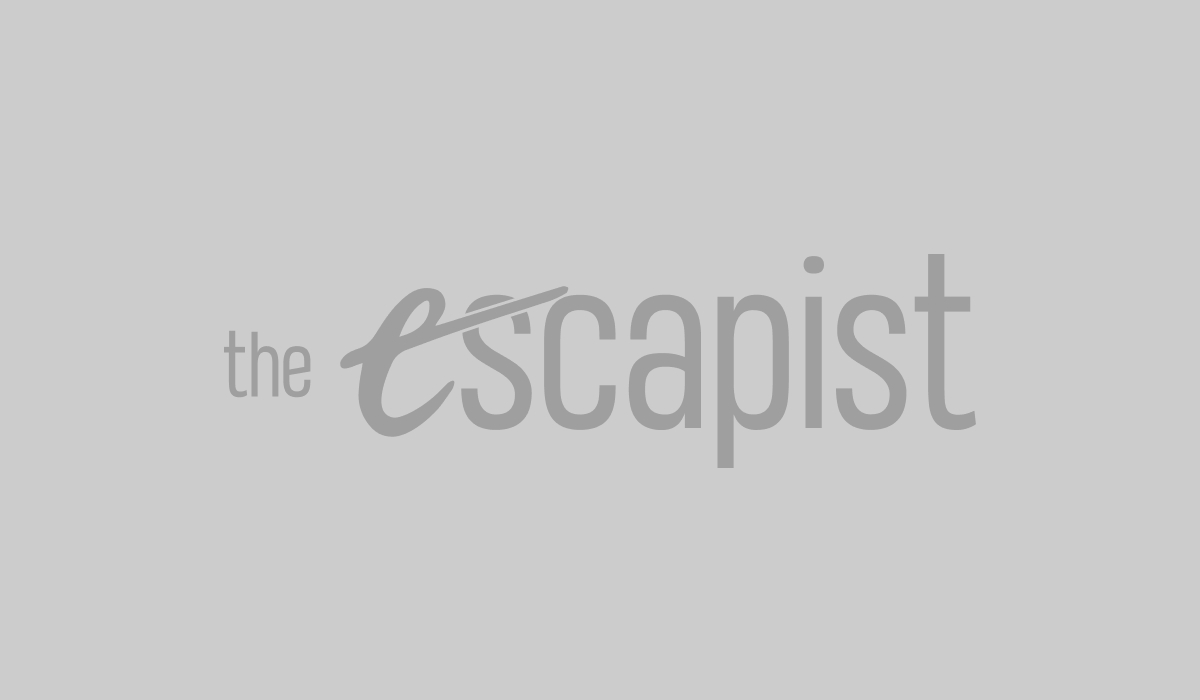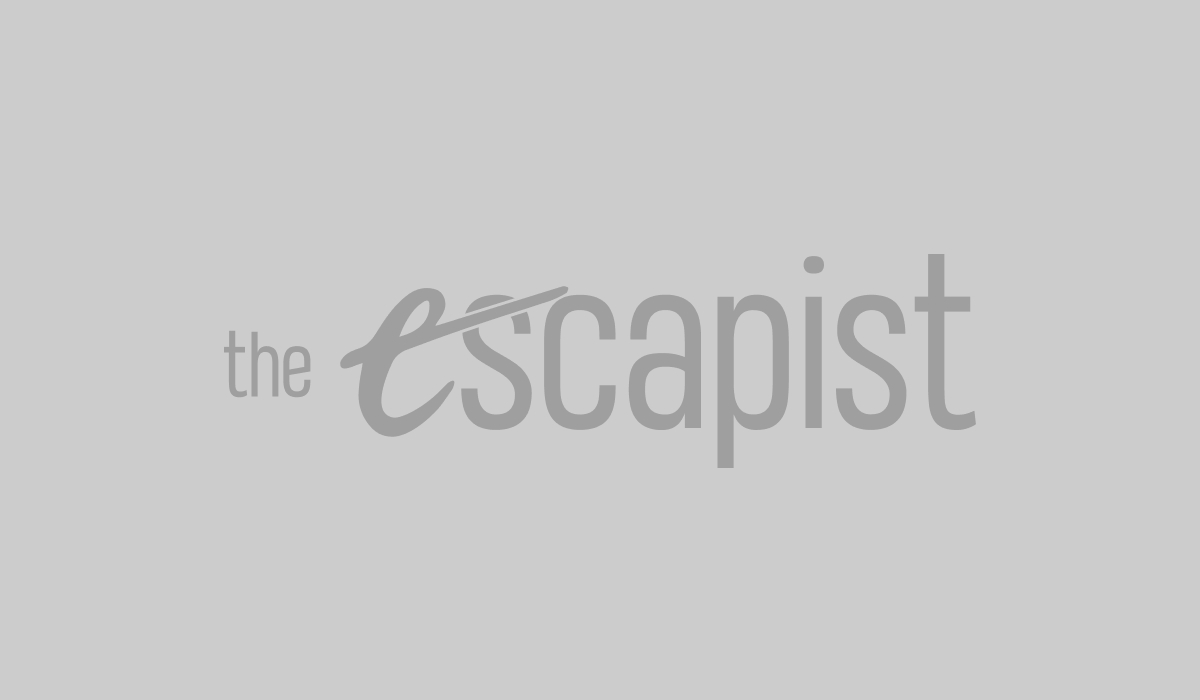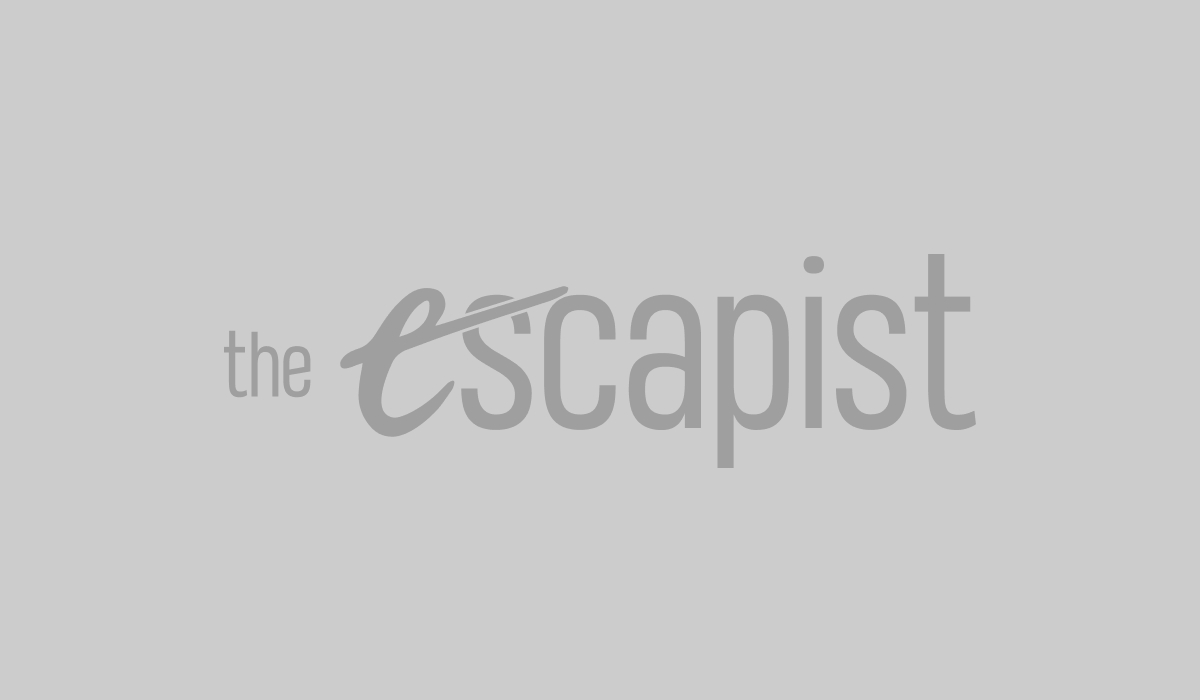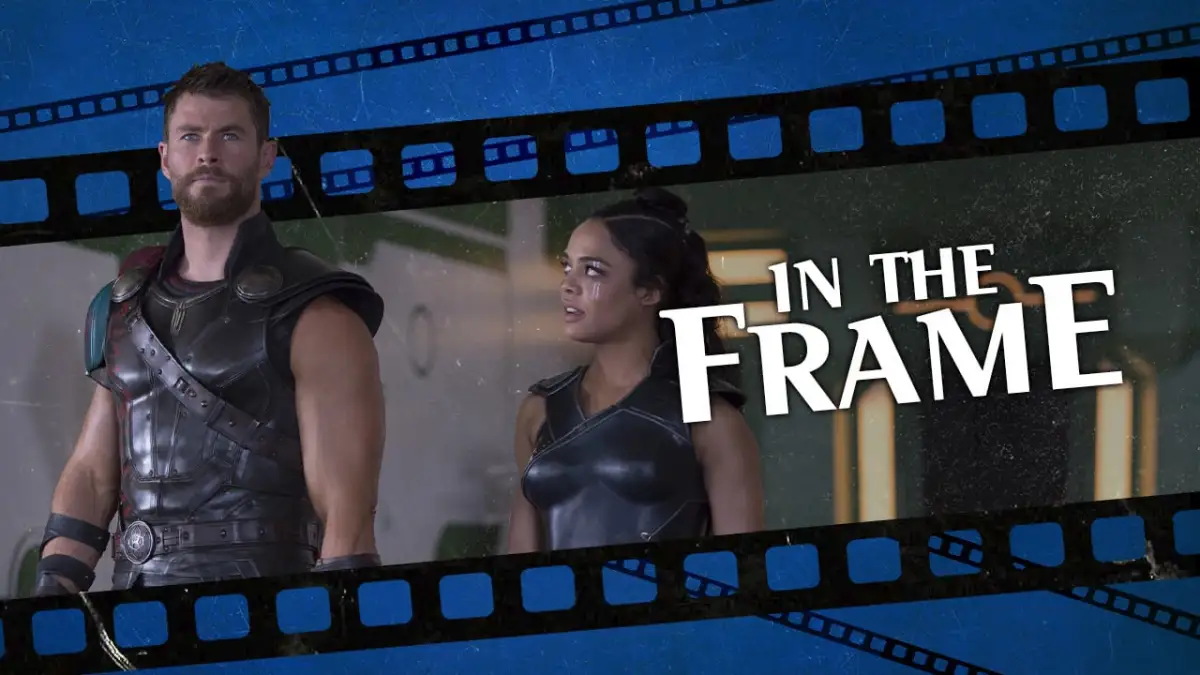Thor: Ragnarok is three years old this month and remains one of the best movies in the Marvel Cinematic Universe (MCU).
Part of this is simply down to the fact that Ragnarok exemplifies some of the things that the MCU does well. The MCU has a reputation for being “fun” and colorful, particularly when compared to other shared universes like the DC Extended Universe or the X-Men cinematic universe, and Ragnarok is both one of the most fun and the most colorful movies in the MCU. It’s playful, it’s funny, and it’s exuberant. Taika Waititi takes great pleasure in directing a joyful superhero movie.
However, Ragnarok is also one of the smartest and best observed movies in the MCU. At its core, Ragnarok is a postcolonial superhero movie, a meditation on the legacy of empire and horrors on which it is built. Thor (Chris Hemsworth) spends most of Ragnarok grappling with the revelation that he has an older sister named Hela (Cate Blanchett) and that his father Odin (Anthony Hopkins) literally built Asgard atop a tomb of his conquering armies.
To be fair, this idea is seeded in both Thor and The Dark World. In Thor, Odin’s son Loki (Tom Hiddleston) is confronted with the fact that he is not a natural-born Asgardian. Instead, Loki is actually the son of the Frost Giant Laufey (Colm Feore), taken by Oden as a hostage after a long war. Loki is taken as political leverage, a way for Odin to possibly “bring about an alliance.” Loki is just “another stolen relic” locked away in Asgard’s Vault, a tool without a purpose.
Loki’s arc in the original Thor is built around this crisis of identity. Loki becomes king of Asgard and tries to rule as Odin would. He deploys the Bifrost as a weapon against the Frost Giants, “to do what Father never could – to destroy their kind forever.” This is what Loki has learned from Odin, what he has internalized from Asgard. Indeed, The Avengers sees Loki expand on this by trying to conquer Earth. He plans to rule it as “a benevolent god.” “Just like you,” he taunts Odin in The Dark World.

The Dark World expands the portrayal of Asgard as an imperial power. It reveals that Odin’s father Bor (Tony Curran) perpetrated a genocidal war against the Dark Elves, to wipe them from existence. The Dark World lacks the awareness of Thor or Ragnarok and seems to embrace the more troubling subtext of this imperialist narrative. The film suggests the biggest problem with Bor’s genocide was simply that he wasn’t thorough enough in exterminating an entire race: some survived.
While Thor understands the trauma and violence of Odin’s rule, as demonstrated in Loki’s arc, The Dark World uncritically embraces the muddy racial politics common to the high fantasy genre. Thor is reintroduced “bringing order” to the Nine Realms, reinforcing Asgard’s dominion. The Dark World presents the Dark Elves as a monstrous uncivilized other that needs to be eradicated, led by Malekith (Christopher Eccleston) and his bestial henchman Kurse (Adewale Akinnuoye-Agbaje).
This is what makes Ragnarok so compelling and so interesting. It tackles the horror of Asgard head on. Like other movies released around this time, Ragnarok is fascinated with the idea of parental failure, the idea that parents have failed to create a world worthy of their children. “I know that we failed you, but we can make this right,” Thor assures Odin as his father dies. Odin replies, “I failed you.” So much of Ragnarok is about grappling with Odin’s failures.
Odin secured the Nine Realms with the assistance of his daughter Hela. “We were once the seat of absolute power in the Cosmos,” Hela explains. “Our supremacy was unchallenged, yet Odin stopped at Nine Realms. Our destiny is to rule over all others.” She is horrified to discover that Odin has erased the reality of that conquest from Asgard’s history, literally painting over it with images of “goblins and garden parties, peace treaties.” Odin was “proud to have it, ashamed of how he got it.”

Odin wrote Hela and her conquests out of Asgard’s history once his power was secure. “Odin and I drowned entire civilizations in blood and tears,” Hela tells Thor. “Where do you think all this gold came from? And then one day he decided to become a benevolent king.” This rather pointedly reflects how countries like the United Kingdom deal with their history of colonial exploitation, as well as how the United States handles subjects like its treatment of indigenous populations or slavery.
Ragnarok opens with Thor vowing to stop the demon Surtur (Clancy Brown) from destroying Asgard as part of the eponymous prophecy. Asgard is too fundamentally broken and corrupt to salvage. Hela draws her power from the world built by her conquest. Asgard cannot be separated from that history of violence. Asgard must be destroyed. In its final moments, Korg (Waititi) monologues about building something new atop the foundations of the once-great empire, only for Ragnarok to underscore its point by completely demolishing those foundations. “Those foundations are gone.”
Ragnarok mirrors Asgard in its portrayal of Sakaar, the planet to which Thor and Loki find themselves exiled. The planet is described as “the collection point for all lost and unloved things,” mirroring the historical treatment of Australia and New Zealand by the colonial powers. The planet is a trash heap run by the despotic Grandmaster (Jeff Goldblum) who exploits the “prisoners with jobs” (or “slaves”) to retain his power. The Grandmaster is himself a colonizer, “the first lost and the first found.” Naturally, Loki plans to usurp him.
Sakaar sits beneath a wormhole named “the Devil’s Anus,” which connects it to Asgard; the power dynamic is literalized with the anomaly opening above Sakaar and below Asgard, implying that Sakaar has long served as a dumping ground for the things that Asgard would rather discard and forget. However, it’s notable that Ragnarok ends with a “revolution” on Sakaar to match the destruction of Asgard. The system comes crashing down. The Grandmaster lives in exile.

This was clearly on Waititi’s mind while making Ragnarok. Shooting in New Zealand, Waititi invited the indigenous community to perform a “welcome to country,” the ceremony welcoming outsiders to their land. He hired indigenous staff to work on the film. The ship in which Thor escapes Sakaar is designed in the colors of the Australian Aboriginal flag. Ragnarok is one of the most pointed films in the MCU, along with Iron Man 3.
Ragnarok mirrors Captain America: The Winter Soldier. Both are stories of broken systems built by one-eyed guardians that run amok. However, The Winter Soldier pulls its punches. Nick Fury’s (Samuel L. Jackson) surveillance state is not inherently evil, but only when it falls into the hands of “Nazi-esque villains that aren’t quite Nazis.” As such, the actual system itself is “exonerated” by “the cinematic equivalent of Godwin’s Law.” It’s all “bad apples.”
The Winter Soldier is wishy-washy political commentary, designed to look like it is saying something profound while refusing to follow its ideas to their boldest conclusions. The Winter Soldier cannot and will not bring the surveillance state crashing down. All it can do is blow up some helicarriers and dismantle an organization that exists outside of the United States military infrastructure. The film is too close to reality to make a radical argument and too far from reality to make a meaningful point.
In contrast, Ragnarok exists within a world that is suitably abstract and so can make bold arguments about the status quo couched in a story about dragons and rock monsters. It’s notable that Ragnarok arrived as a part of a wave of similarly revolutionary mainstream fantasy and science fiction. The Girl with all the Gifts was released in the United States earlier that year and made a similarly bold argument for children to dismantle the broken world built by their parents.

Genre television lent itself to these bold ideas. Over its four seasons, Mr. Robot played out a chaotic and violent revolution against a broken system, exploring the murky morality of it all. In its final season, Game of Thrones reminded audiences that “(t)here are no good kings and queens.” Westworld reimagined the old west by asking its audience to sympathize with the oppressed rather than the oppressors and seeming to push towards revolution.
Most interestingly, the basic premise of Ragnarok was recently mirrored in Frozen II of all places, in which Anna (Kristen Bell) and Elsa (Idina Menzel) confront the reality that the prosperity of the Kingdom of Arendelle has been built on a hidden history of colonialism and imperialism. It’s a heady subject for a family film, although the movie ultimately comes to the same conclusion as Ragnarok: Confronted with a system built on such exploitation, the only thing to do is to tear it down.
It’s easy to see why these themes might simmer through the collective subconscious in recent years, as the nostalgia of “Make America Great Again” brushes up against the reality of the country’s complicated history. These pieces of pop art just play out their own meditations on raging debates around statues erected to honor those who fought to preserve slavery, arguments around how history is taught in schools, and debates about how and why the nation was built as it was.
Thor: Ragnarok is a film about confronting a world built on violence and oppression, on a history that has been obscured and distorted to suit narratives of exceptionalism. It’s a story about how the only sane response when confronted with these broken systems is to tear them down and start anew. Ragnarok ends with the Kingdom of Asgard collapsing into itself, but the people of Asgard (including aliens, refugees, and outcasts) set sail as part of a convoy looking for a fresh start and a new — and better — world.





